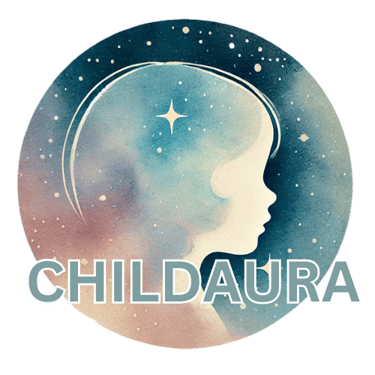🌱 Check out KONI: The Montessori OS for Home Learning – Join the Waitlist
What’s Unique About Montessori?
Explore the distinctive qualities of Montessori education, emphasizing child-driven learning, scientifically-based methods, and environments crafted to inspire independence, curiosity, and holistic growth from infancy through adolescence.
MONTESSORI PHILOSOPHY
3/16/20252 min read


Contrary to common misconceptions that view children as passive or dependent, Montessori education recognizes every child as inherently capable, curious, and driven to learn from birth. Dr. Maria Montessori emphasized that children naturally possess the ability and desire to explore their environment and acquire knowledge. She highlighted how crucial the early years (0-3 years) are for brain development, noting that this period is when most neurological connections form and language acquisition peaks. When adults use rich, meaningful language with young children, they're directly nurturing the child's lifelong vocabulary and cognitive abilities. Unfortunately, traditional misconceptions often lead to underestimating or neglecting the significance of this developmental stage.
"Children are human beings to whom respect is due, superior to us by reason of their innocence and of the greater possibilities of their future… Let us treat them with all the kindness which we wish to help develop in them." – Dr. Maria Montessori.
What Makes Montessori Different as an Educational System?
Montessori education uniquely serves children from infancy through adolescence. It is structured into distinct three-year developmental stages: Assistance to Infancy (0-3 years), Primary (3-6 years), Lower Elementary (6-9 years), Upper Elementary (9-12 years), and Adolescence (12-15 years). Classrooms are thoughtfully designed for multi-age groups, each carefully tailored to meet the developmental needs specific to their age bracket.
Montessori Education stands out because:
Scientifically-based: Grounded in extensive research and observation, supporting holistic child development.
Holistic Growth: Balances cognitive, social, emotional, and academic development.
Montessori Guides: Teachers serve as supportive guides rather than traditional instructors, intensely trained to nurture each child's growth discreetly and effectively.
Self-Directed Learning: Children choose their activities, fostering intrinsic motivation and personal initiative.
Prepared Environment: Carefully designed spaces encourage independence, self-discipline, and exploration.
Mixed-Age Learning: Older and younger children learn collaboratively, teaching and inspiring one another.
Self-Correcting Materials: Purposeful educational materials allow children to learn through hands-on exploration and self-correction.
Child-Paced Learning: Children progress at their own natural pace, mastering concepts thoroughly through repetition and discovery.
No Standardized Testing: The focus remains on meaningful learning experiences rather than tests and grades.
Dr. Maria Montessori's philosophy, "Follow the Child," invites adults to set aside preconceived ideas and truly tune into the child's unique developmental signals and needs, creating a nurturing environment where children naturally thrive.


